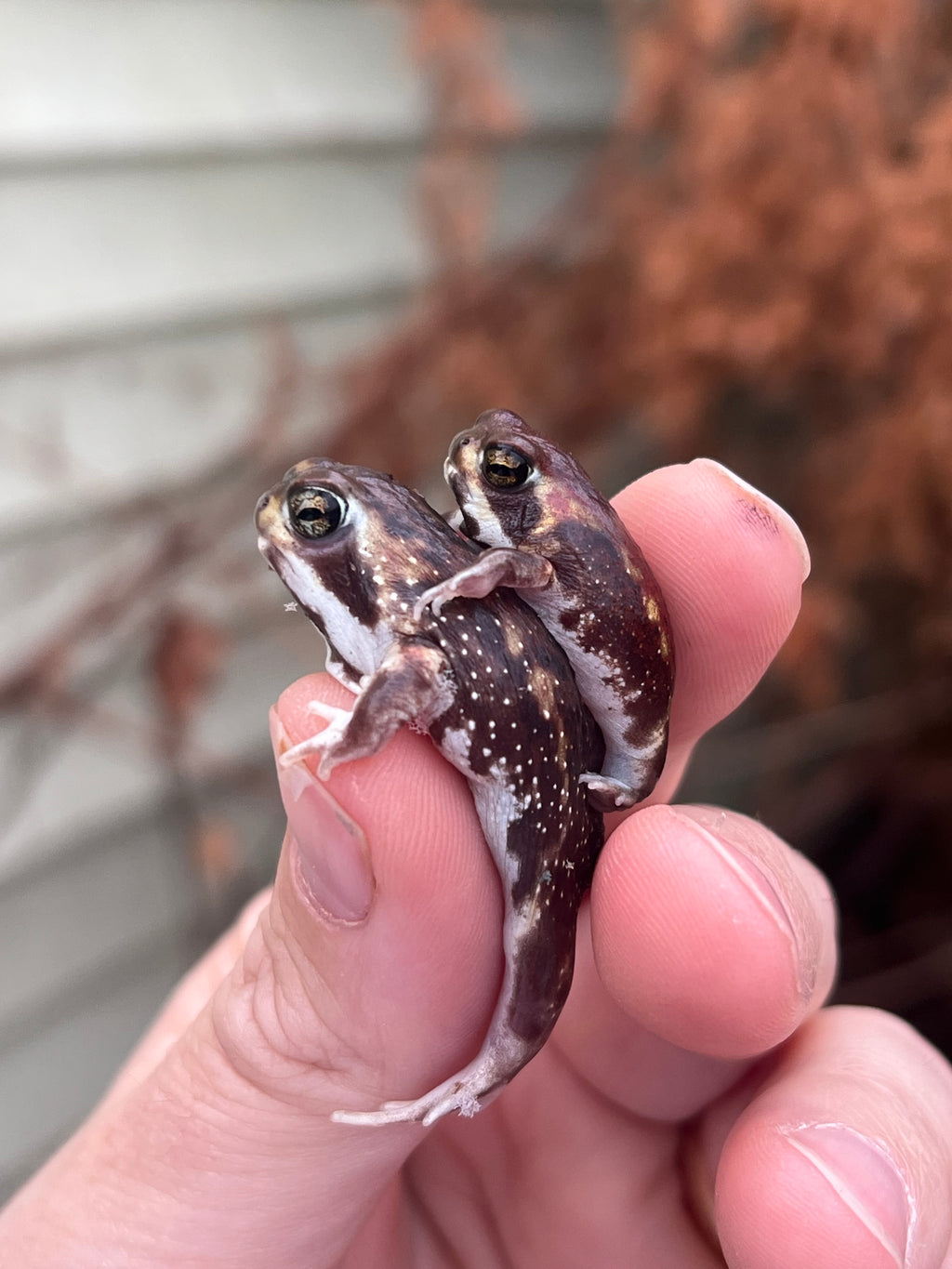Common Wellness Issues in Reptiles: Signs And Symptoms and Solutions
In the elaborate globe of reptile care, understanding the common health and wellness issues that might impact these unique animals is critical in guaranteeing their well-being. Whether it's grappling with parasitical invasions, browsing dehydration concerns, or resolving skin ailments that manifest in refined means, being attuned to the signs and equipped with the understanding of effective options is necessary for any reptile proprietor.
Breathing Infections
Respiratory system infections in reptiles can considerably affect their overall health and require prompt interest from knowledgeable veterinarians. In reptiles, respiratory infections can be particularly testing to detect and deal with due to their special composition and physiology.
Treatment for respiratory system infections in reptiles typically entails a mix of supportive treatment, such as preserving proper moisture degrees and temperature gradients in the room, in addition to targeted medication to resolve the certain pathogen in charge of the infection. It is vital for reptile owners to check their family pets closely for any kind of signs of respiratory system distress and seek vet care at the earliest indication of a concern. With timely treatment and appropriate therapy, numerous reptiles can recoup totally from respiratory infections and resume typical tasks.

Metabolic Bone Condition
What aspects add to the development of Metabolic Bone Illness in reptiles?
Metabolic Bone Condition (MBD) in reptiles is mainly created by an absence of proper calcium, phosphorus, and vitamin D3 degrees in their diet regimen. When reptiles do not obtain adequate calcium, either with their food or correct UVB exposure for vitamin D3 synthesis, they are at a high threat of developing MBD. Reptiles with diets reduced in calcium or unbalanced calcium to phosphorus ratios are especially prone. Additionally, inadequate exposure to UVB light avoids reptiles from synthesizing vitamin D3, which is important for calcium absorption and bone wellness.
Insufficient moisture degrees can also influence a reptile's capability to metabolize calcium effectively. Normal veterinary exams, proper husbandry techniques, and a balanced diet regimen are necessary to avoid Metabolic Bone Disease in reptiles.
Parasitical Invasions
Parasitical infestations present a substantial health and wellness risk to reptiles, influencing their general health and needing timely veterinary focus. Reptiles can be impacted by numerous bloodsuckers, consisting of mites, ticks, interior worms, and protozoa. These bloodsuckers can cause a series of symptoms, such as weight management, lethargy, skin irritability, diarrhea, and also fatality if left neglected.
One usual bloodsucker discovered in reptiles is the mite, which can cause skin inflammation, stress, and anemia. Ticks are one more outside bloodsucker that can create and transmit illness pain to the reptile. Interior bloodsuckers like worms and protozoa can result in digestive issues, poor nutrition, and damage the reptile's immune system.
To identify a parasitic problem, a veterinarian may carry out fecal tests, skin scrapings, or blood tests. Therapy usually involves deworming drugs, antiparasitic baths, or in serious situations, a hospital stay. Preventative actions such as regular vet exams, correct health, and quarantine treatments for brand-new reptiles can aid decrease the risk of parasitic problems and guarantee the well-being of reptile pets.
Dehydration and Hydration Issues
Dehydration in reptiles can dramatically influence their health and health, demanding timely treatment and suitable hydration management. If left unattended, dehydration can lead to severe health concerns and even be deadly to the reptile.
To avoid dehydration, reptile owners must make sure that their animals have accessibility to clean water at all times. The water recipe ought to be huge enough for the reptile to saturate in if required, specifically for types that take in water via their skin. Furthermore, keeping appropriate humidity degrees in the reptile's unit and offering routine bathrooms can help stop dehydration.
In cases of dehydration, it is critical to seek vet care promptly. A vet may provide liquids either More Bonuses by mouth or through shots to rehydrate the reptile. It is important to deal with the underlying cause of dehydration to avoid reoccurrence and make certain the reptile's general health.
Skin Ailments

Conclusion

Respiratory system infections in reptiles can substantially impact their total health and need timely attention from skilled veterinarians (rain frog for sale). Preventative measures such as routine veterinary examinations, correct health, and quarantine procedures for new reptiles can aid minimize the threat of parasitic problems and make certain the wellness of reptile family pets
If left untreated, dehydration can lead to serious health and wellness issues and even be fatal to the reptile.
Regularly checking your reptile for any modifications in skin texture, shade, or look can assist in early detection and therapy of skin ailments, promoting the general health and wellness and well-being of your scaly buddy. - rain frog for sale
In verdict, reptiles are prone to numerous health concerns such as respiratory infections, metabolic bone disease, parasitical infestations, dehydration, and skin conditions.